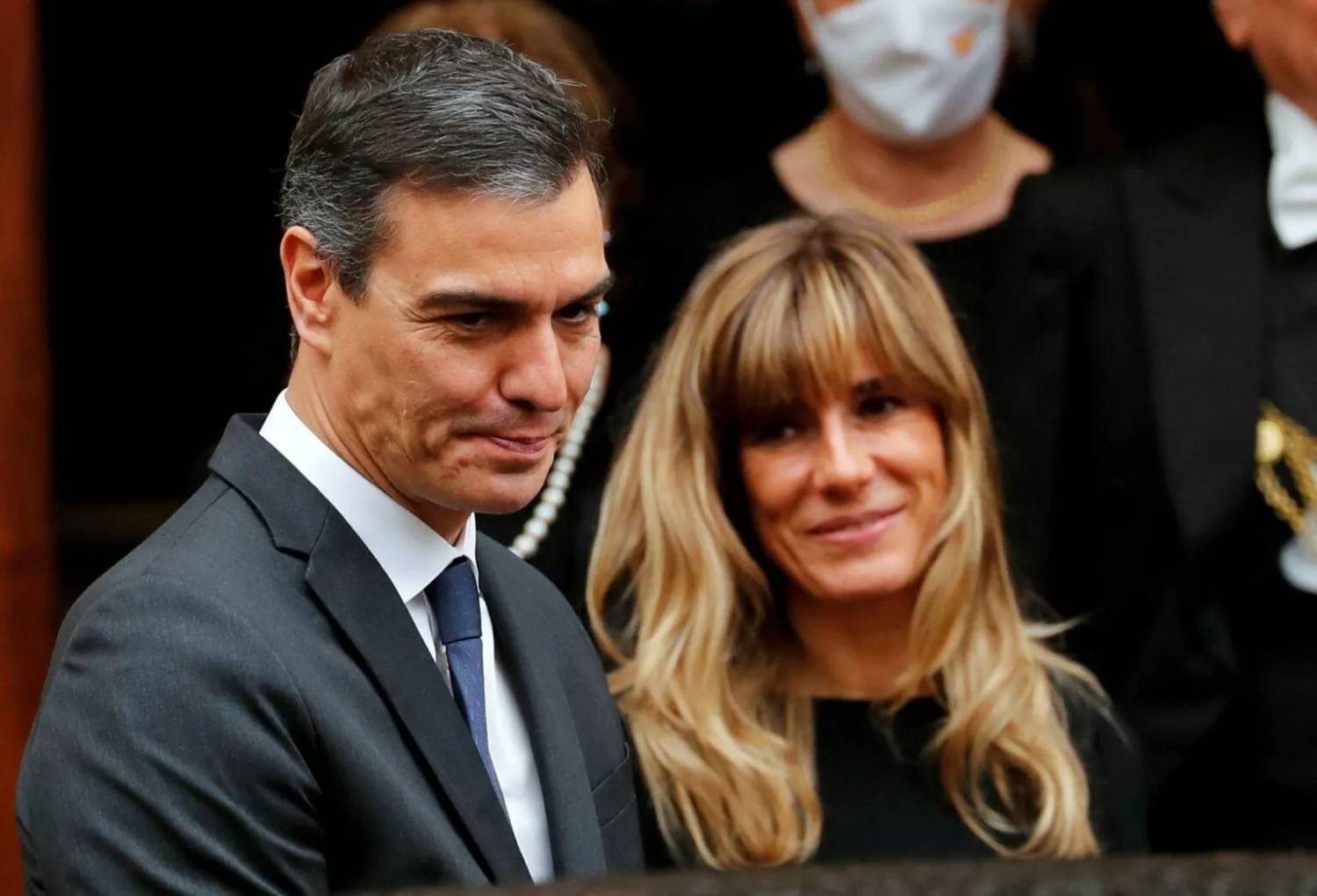No country’s politicians are angelically formed.
Interference and, by extension, corruption are almost part of politics, sometimes to a great extent and sometimes to a lesser extent. Perhaps it’s inevitable.
The significant difference from country to country lies in how corruption cases are handled when they come to light.
Is there an attempt to silence them, or do the institutions take action? Naturally, no one will admit guilt and that what they are accused of is true.
In Spain, the judiciary is examining a corruption case against the wife of Prime Minister Pedro Sánchez.
The allegation against Begoña Gómez is that she exerted her influence to grant a state bailout package worth millions to an airline company, and shortly after, a company contracted by the airline funded a research program directed by Gómez.
The accusation was made by an organization called “Manos Limpias” (Clean Hands), which is affiliated with the far right and may have ulterior motives. Previously, Sánchez had requested the resignation of Isabel Díaz Ayuso (head of the conservative People’s Party in the regional government of Madrid) following allegations against her partner for tax fraud.
The case involves large sums of money paid to him during the pandemic to secure mask supplies.
In both cases, the media and judges are involved, and they will have the final say, but no defamation lawsuit has been filed against any journalist or anyone else. And the prime minister, as hurt as he may feel, did not try to impose blackout but announced a possible resignation. He will announce his decision on Monday, while meanwhile, he denies the information.
Former French President Nicolas Sarkozy, once one of the most powerful men on the global political stage, is now wearing an ankle bracelet. Two months ago, the Paris Court of Appeal confirmed a lower court’s decision regarding the illegal financing of Sarkozy’s 2012 presidential campaign.
The Court of Appeal also stripped Sarkozy of his political rights for three years. Sarkozy’s referral for trial was made by the country’s prosecution authorities. Both before the authorities took action and throughout the process, both French and international media extensively covered the case.
No libel lawsuit was filed to prevent anyone from addressing the issue, nor did anyone say that media coverage affects justice. Ethics are different in our parts. Hence, the former president demands two million from Makarios Drousiotis. Why doesn’t he let justice take its course?






